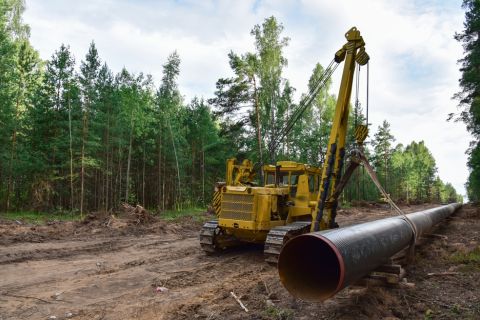Global energy consultancy Xodus Group has entered a partnership with Japanese consultancy E&E Solutions on July 28 to deliver in-depth advice and analysis for the fast-developing offshore wind market in Japan.
The collaboration will bring together Xodus Group’s international track record in helping clients address industry challenges to enable offshore wind, alongside E&E Solutions’ extensive experience of providing environmental and renewable energy consulting services across Japan. The partnership will provide integrated advisory and technical services to deliver value to offshore wind developers, owners, operators and lenders.
As the leading consultants for wind projects in Japan, E&E Solutions has significant local market knowledge, including an extensive understanding of Japanese environmental laws and the country’s leasing and consenting system.
Xodus brings multidisciplinary expertise in offshore wind. The company’s integrated skills base covers techno-commercial advisory capabilities along with subsea infrastructure, pipelines and cables engineering, offshore engineering, risk management, environmental, supply chain analysis and project development planning. Xodus also brings a proven track record in the European and Asian offshore wind, cables and interconnectors market.
“Japan is becoming one of the world’s leading countries in offshore wind development, driven by the need to accelerate the energy transition in this country and the rapid cost reduction of offshore wind technology worldwide. There are considerable opportunities within the Japanese market, especially around the ongoing and future offshore wind licensing rounds," Adrian de Andres, head of offshore renewables development at Xodus Group, said.
"As pioneers in the floating wind sector, delivering work for the Hywind Scotland project, we are confident that by bringing our practical expertise and combining it with the local experience of E&E solutions, we can share lessons learned from global developments, maximise technical solutions and efficiencies and ultimately support Japan’s carbon reduction goals,” de Andres added.
Recommended Reading
Shipping Traffic Freezes Up in Port Waters After Baltimore Bridge Collapse
2024-03-26 - U.S. port of Baltimore traffic was suspended until further notice following a bridge collapse. At least 13 vessels expected to load coal were anchored near the port at the time of the incident.
CERAWeek: Trinidad Energy Minister on LNG Restructuring, Venezuelan Gas Supply
2024-03-28 - Stuart Young, Trinidad and Tobago’s Minister of Energy, discussed with Hart Energy at CERAWeek by S&P Global, the restructuring of Atlantic LNG, the geopolitical noise around inking deals with U.S.-sanctioned Venezuela and plans to source gas from Venezuela and Suriname.
Imperial Expects TMX to Tighten Differentials, Raise Heavy Crude Prices
2024-02-06 - Imperial Oil expects the completion of the Trans Mountain Pipeline expansion to tighten WCS and WTI light and heavy oil differentials and boost its access to more lucrative markets in 2024.
Trans Mountain Pipeline Announces Delay for Technical Issues
2024-01-29 - The Canadian company says it is still working for a last listed in-service date by the end of 2Q 2024.
Carlson: $17B Chesapeake, Southwestern Merger Leaves Midstream Hanging
2024-02-09 - East Daley Analytics expects the $17 billion Chesapeake and Southwestern merger to shift the risk and reward outlook for several midstream services providers.




